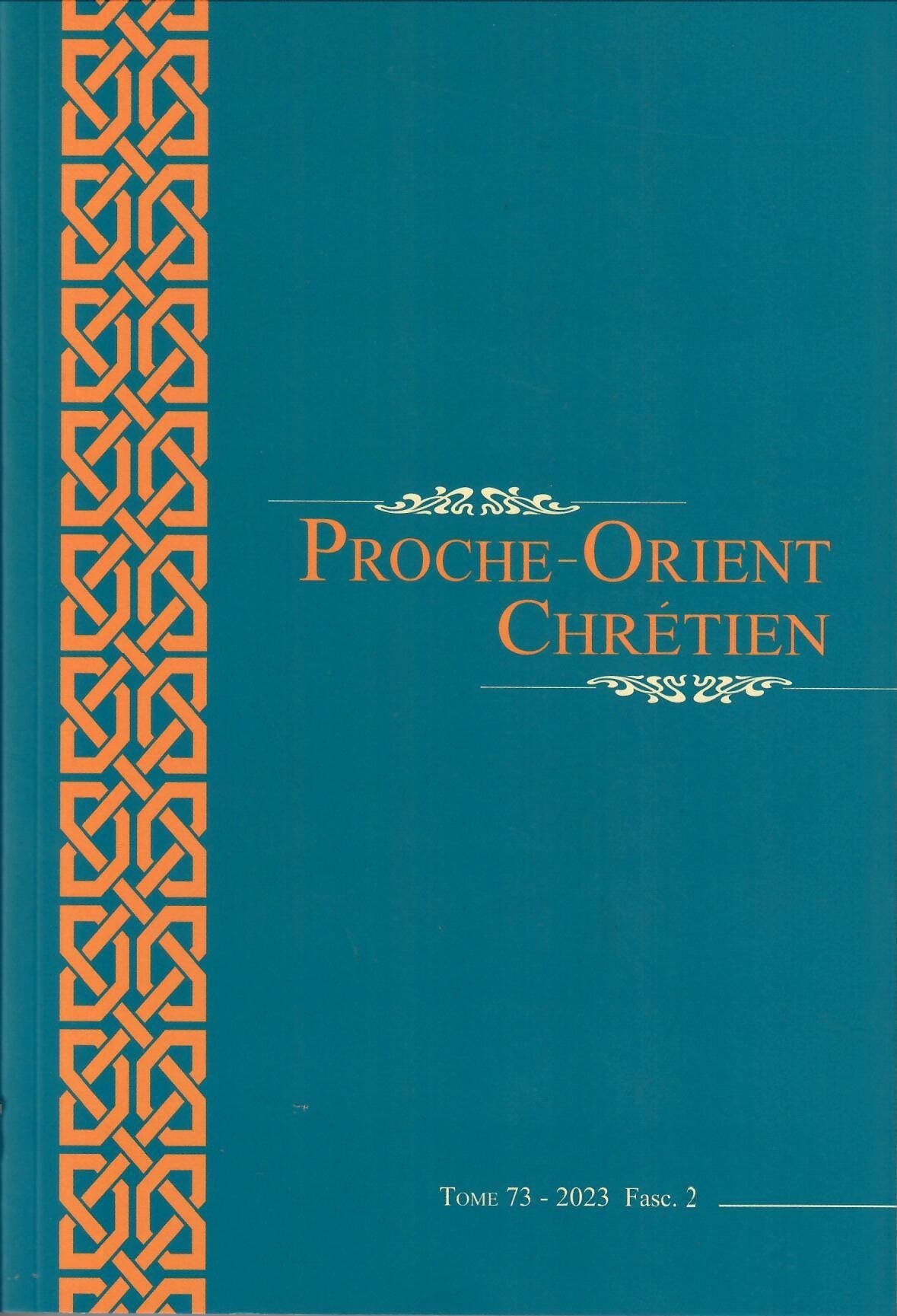Abstract
“The vision of God in N. Mahfouz’s novel, Children of Gebelawi, in comparison with certain biblical passages”.
In the novel Children of Gebalawi, N. Mahfouz tells the story of a neighborhood, detailing the conditions of its development over time especially at the socio-political level. The narrative of his novel is inspired in the first 3 chapters by biblical events and characters: Adam, Moses and Jesus as well as that of God. Thus, certain key passages of the Bible become the matrix of a political novel that tells the life of a city, denouncing certain factors that it suffers, in particular violence and injustice. While telling the story of the life of the city, a vision and a very particular approach to God emerge through the novel.
This article aims to analyze the way in which a writer of Arab-Muslim culture is inspired by the Book of Genesis in a chapter of his novel and how he makes a shift from theology to politics. He also wishes to analyze the vision of God that emerges in this chapter and his relationship to the various protagonists.
The goal is to answer these two questions : what does Mahfouz do with the biblical matrix? What are the theological, anthropological and political effects of his recovery from the Bible?

